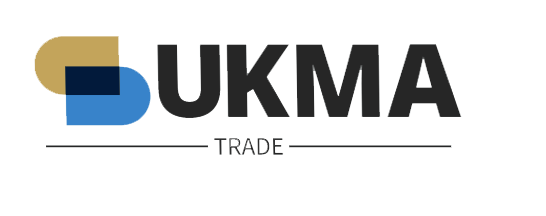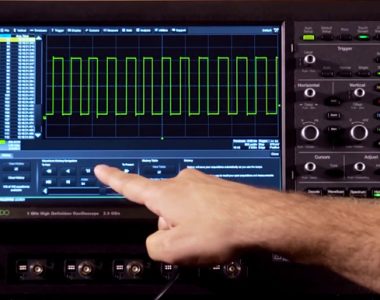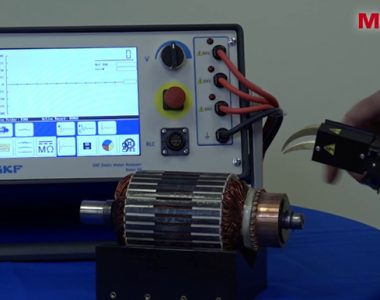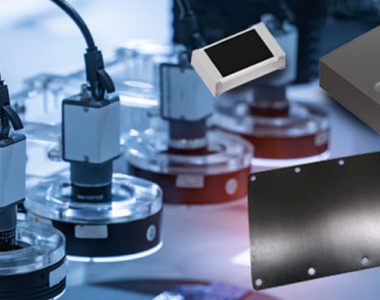No products in the cart.
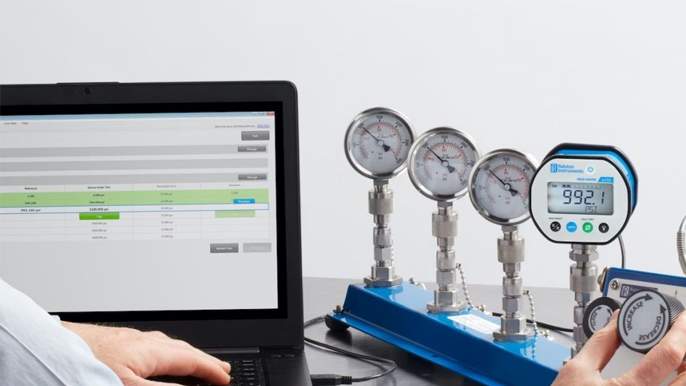
In today’s world, precision and accuracy are vital across various industries, from journalism and healthcare to manufacturing and engineering. One of the most critical processes that ensure these qualities is calibration. Calibration is the process of adjusting and verifying the accuracy of measuring instruments to ensure they provide consistent and precise results. This process is essential for maintaining the integrity of data and ensuring that measurements are reliable.
Why Calibration Matters
Accuracy Calibration ensures that measurements are accurate, reflecting the true values of the quantities being measured. Whether you’re a journalist measuring electrical signals with an oscilloscope, a scientist conducting experiments, or an engineer testing products, accurate measurements are crucial for making informed decisions.
Reliability A calibrated instrument provides consistent results over time, reducing the likelihood of errors in data collection. This reliability is especially important in industries where decisions based on inaccurate data can lead to significant consequences, such as product failures or safety hazards.
Compliance Many industries have standards and regulations that require calibrated equipment. For example, laboratories must adhere to specific calibration standards to ensure their measurements are legally valid. Compliance with these regulations not only ensures accuracy but also helps companies avoid legal issues and penalties.
Credibility Accurate measurements enhance the credibility of professionals who rely on them. In journalism, for example, credible data can strengthen a report and build trust with the audience. Similarly, in scientific research, credibility is crucial for peer reviews and publication.
Popular Brands for Calibration Equipment
Several reputable brands specialize in producing high-quality calibration equipment. These brands are trusted across various industries for their reliability and precision.
Fluke Fluke is known for its wide range of portable test and measurement tools, including calibrators for multimeters, oscilloscopes, and other instruments. Fluke’s products are widely used in industries where precision is paramount, such as electrical testing and maintenance.
Keithley Keithley is a leader in precision measurement instruments, offering devices like source meters, data loggers, and picoammeters. Their equipment is renowned for its accuracy, making Keithley a top choice for scientific research and industrial applications.
Keysight Keysight provides a comprehensive portfolio of test and measurement solutions, including calibrators for signal generators, analyzers, and network analyzers. Keysight’s products are trusted in industries like telecommunications, aerospace, and defense for their precision and reliability.
Megger Megger is a leading manufacturer of electrical test equipment, including insulation testers, earth resistance testers, and circuit testers. Megger’s products are known for their durability and accuracy, making them a popular choice for electrical engineers and technicians.
Rohde & Schwarz Rohde & Schwarz is a global leader in test and measurement solutions, offering a wide range of calibration equipment, including spectrum analyzers, signal generators, and network analyzers. Their products are known for their cutting-edge technology and precision, making them a preferred choice in industries such as telecommunications, aerospace, and defense.
Tektronix Tektronix is renowned for its oscilloscopes, signal generators, and other test and measurement instruments. They offer calibration equipment that is trusted by professionals in electronics, engineering, and research fields. Tektronix’s reputation for reliability and innovation makes them a top brand in the calibration industry.
Yokogawa Yokogawa is a leading manufacturer of test and measurement instruments, including power analyzers, data acquisition systems, and calibrators. Known for their accuracy and durability, Yokogawa’s products are widely used in industrial automation, energy, and scientific research.
Ametek Ametek is a global manufacturer of electronic instruments and electromechanical devices. Their calibration brands, such as JOFRA and Crystal, offer a variety of precision calibration tools, including temperature calibrators and pressure measurement devices. Ametek’s calibration equipment is highly regarded for its performance and ease of use.
Hioki Hioki specializes in electrical measuring instruments, including clamp meters, power analyzers, and data loggers. Their calibration tools are known for their precision and reliability, making them a popular choice in industries like electrical engineering, manufacturing, and quality control.
Calibration Procedures and Best Practices
To ensure the accuracy and reliability of your measurements, it’s essential to follow proper calibration procedures and best practices:
Regular Calibration Calibrate your instruments according to the manufacturer’s recommendations, typically at specified intervals. Regular calibration ensures that your equipment continues to provide accurate measurements over time.
Documentation Maintain detailed records of calibration procedures, results, and any adjustments made. This documentation is important for compliance with industry standards and for tracking the performance of your instruments.
Proper Handling Handle your instruments with care to avoid damage and ensure accurate measurements. Improper handling can lead to inaccuracies and reduce the lifespan of your equipment.
Environmental Factors Consider environmental factors such as temperature, humidity, and electromagnetic interference that can affect the performance of your instruments. Ensure that your calibration procedures account for these factors to maintain accuracy.
Calibration Services If you’re unsure about calibrating your equipment yourself, consider using a professional calibration service. These services have the expertise and equipment to perform accurate calibrations and provide certification for compliance purposes.
Conclusion
Calibration is a fundamental process that ensures the accuracy and reliability of measurements across various industries. By prioritizing calibration and following best practices, professionals can enhance the quality of their work, comply with industry standards, and build credibility. Trusted brands like Fluke, Keithley, Keysight, Megger, Rohde & Schwarz, Tektronix, Yokogawa, Ametek, and Hioki offer high-quality calibration equipment that can help you achieve precise and reliable results. Investing in calibration not only improves the integrity of your data but also safeguards the success of your projects.
